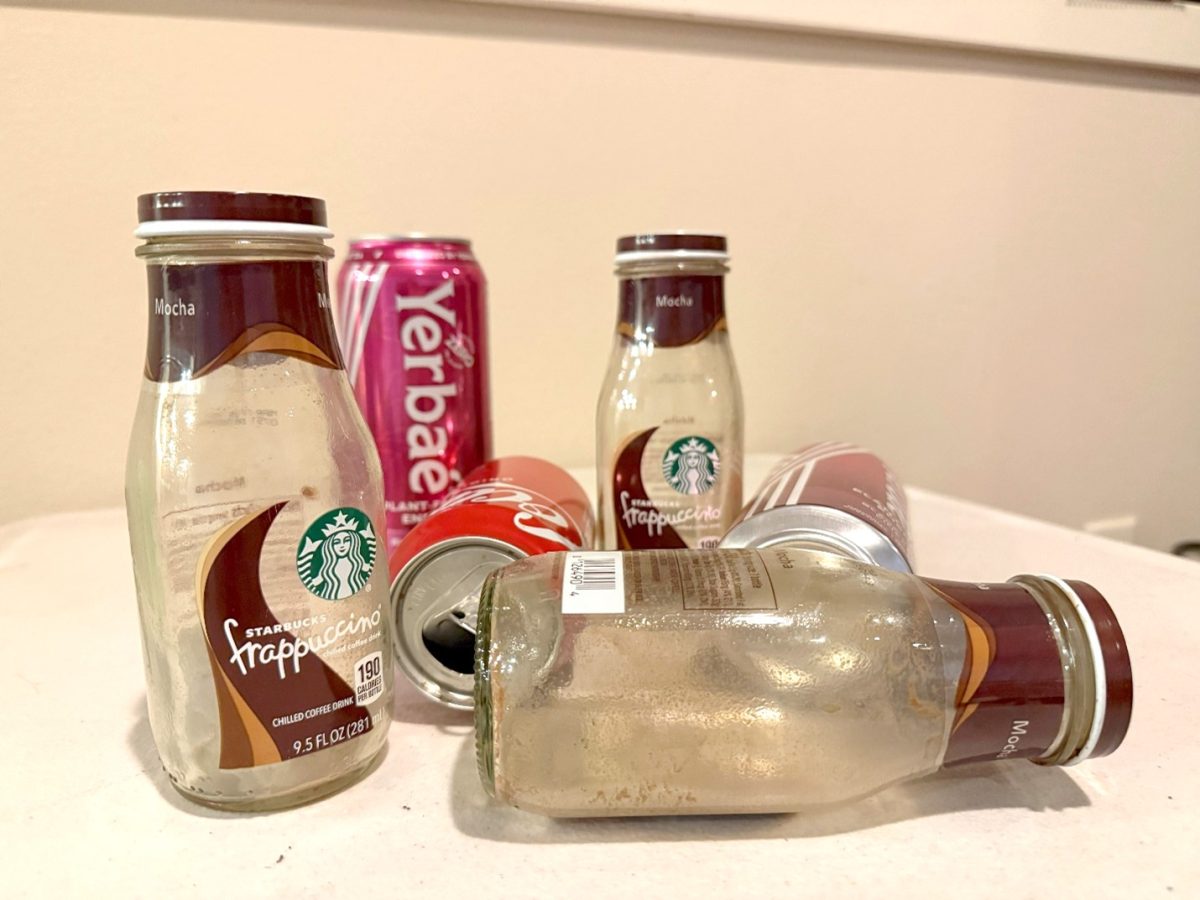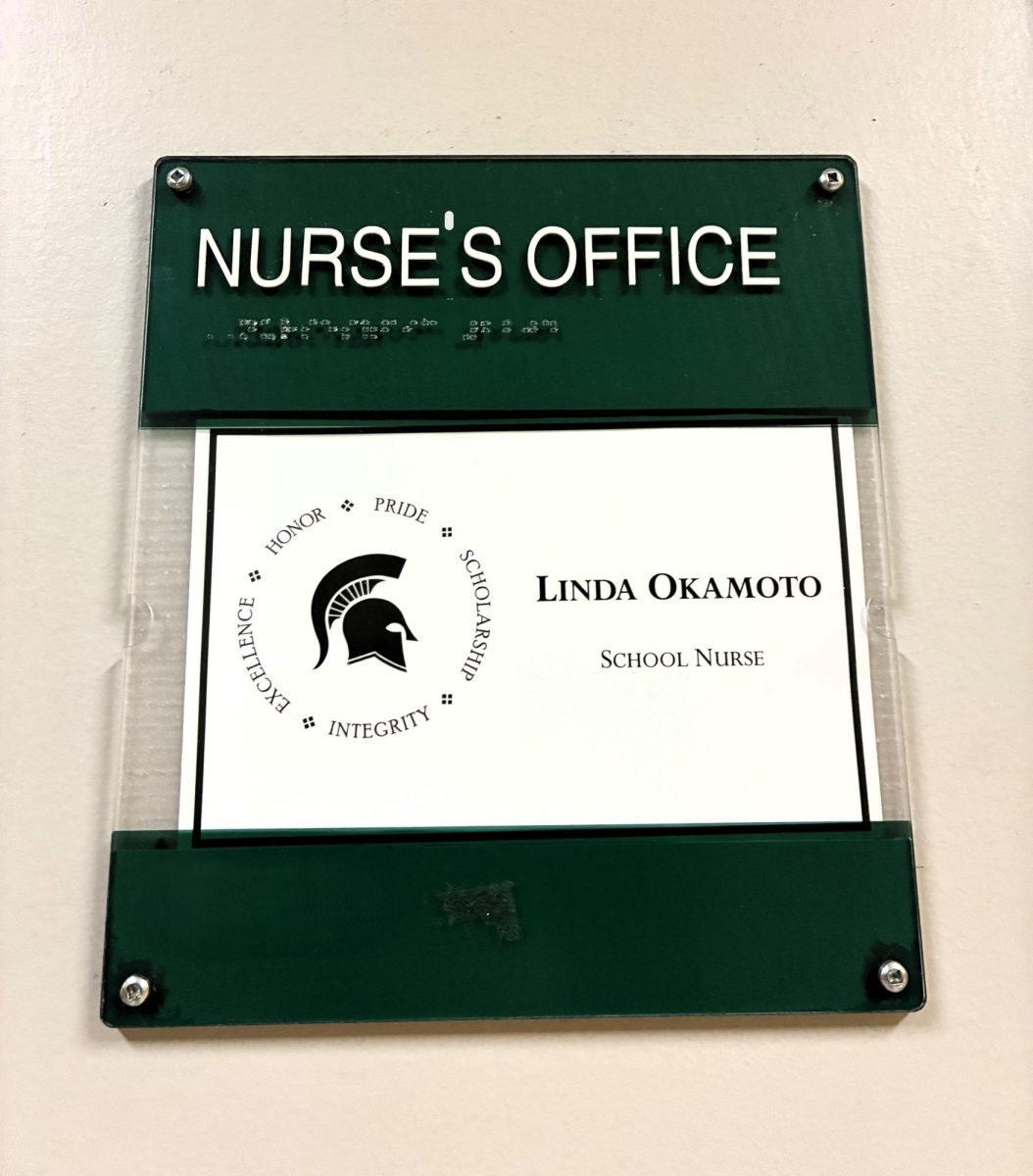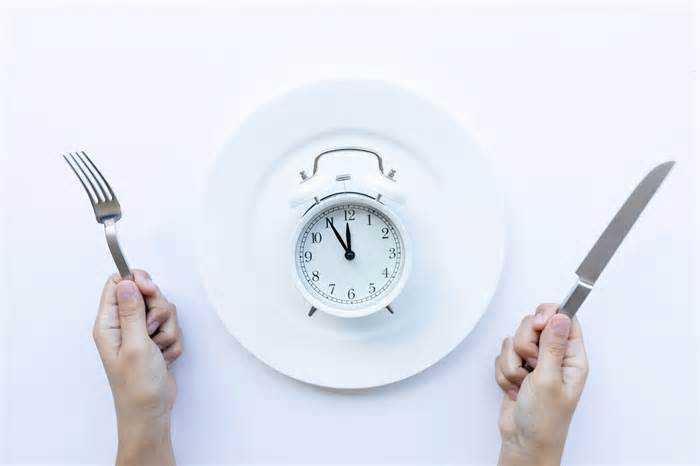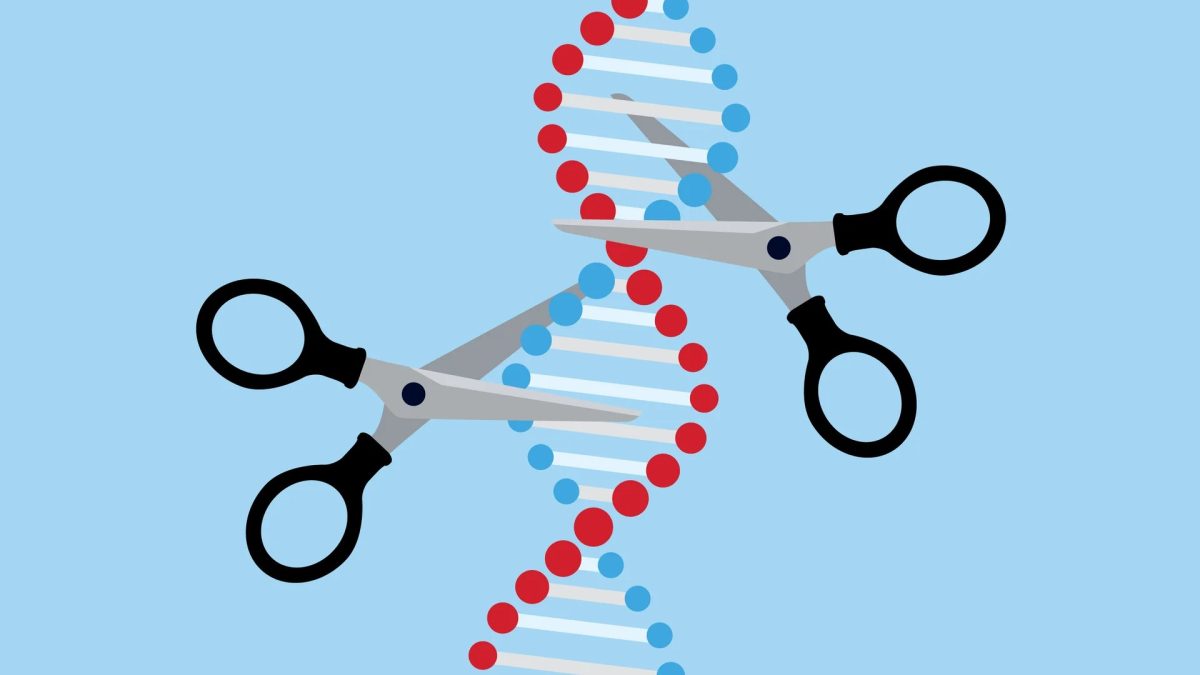Caffeine is a stimulant drug that is ubiquitous in energy drinks, sodas, coffee, and tea. While caffeine is generally considered harmless, it is important to consider its risks and avoid overconsumption.
It’s controversial whether students should be consuming caffeine and if caffeine consumption is beneficial for their studies. When Mr. Morgan, a math teacher at Skyline, was asked about the topic, he commented that it is solely the student’s choice, but he advises against caffeine consumption for students, especially if a quick energy boost isn’t immediately necessary. As Mr. Morgan puts it, “caffeine is still a drug, although it’s a socially acceptable one.”
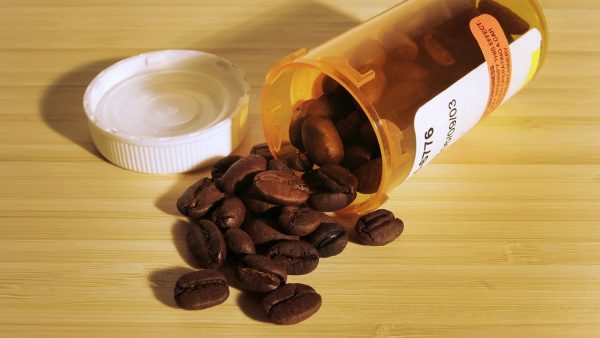
Caffeine is a socially acceptable drug, and many students consume caffeine frequently. However, they need to be aware of the downsides to overconsumption of caffeine – after all, it is a drug! According to a Family and Child Health Journal, “ingesting an excessive amount of caffeine can be detrimental to [students’] sleep schedule and subsequently their academic performance.”
Caffeine consumption could cause restlessness, sleep disruption, and insomnia, which damages the sleep quality of students. These effects contribute to excessive daytime sleepiness, causing an inability to focus during classes, which harms students’ academic performance.
In the end, the decision to consume caffeine is dependent on the individual. That said, students should understand the effects and potential dangers of caffeine consumption before reaching for their caffeine-filled drinks.
For more information:
Caffeine: Effects on sleep and academic performance in college students


